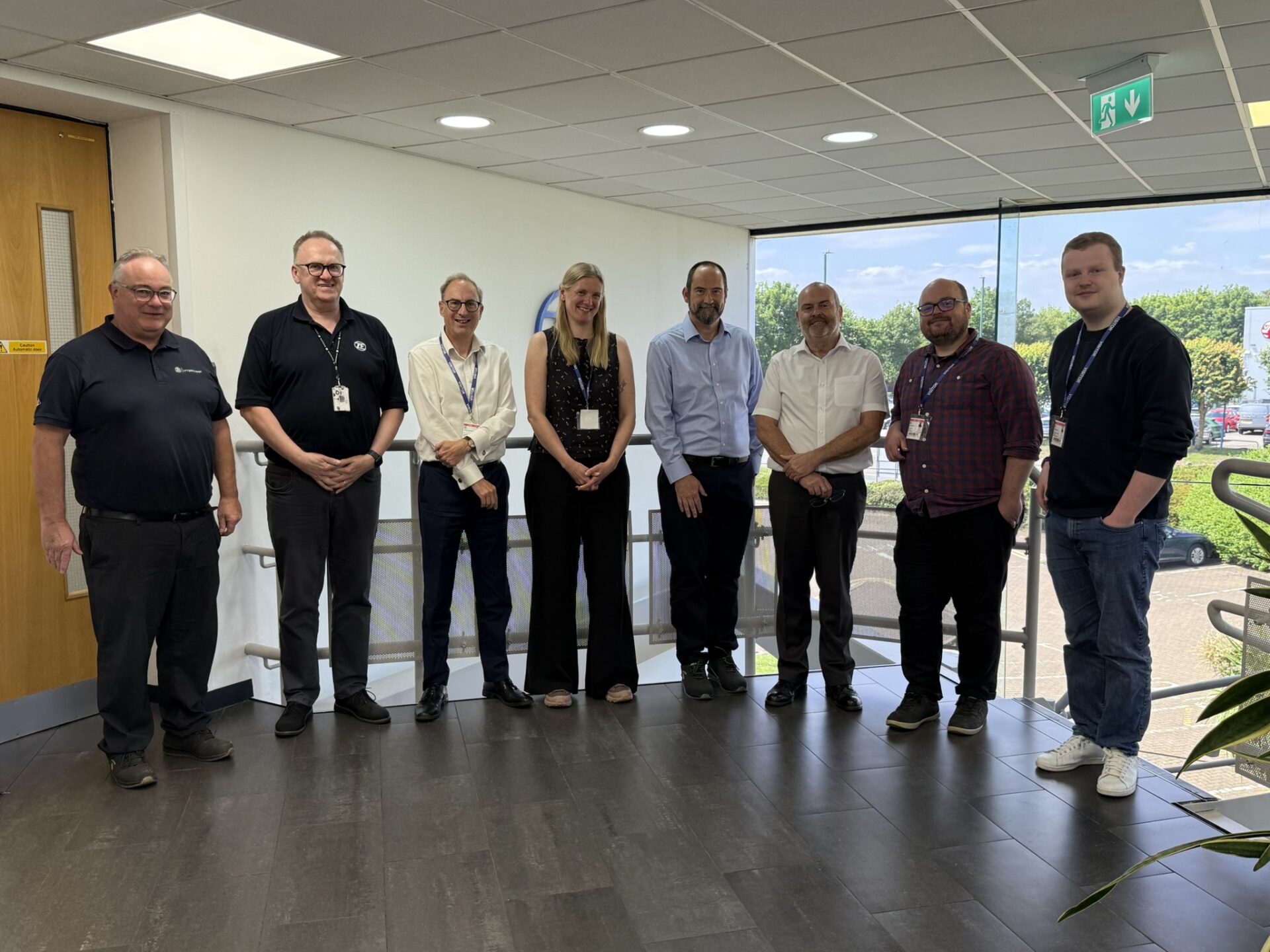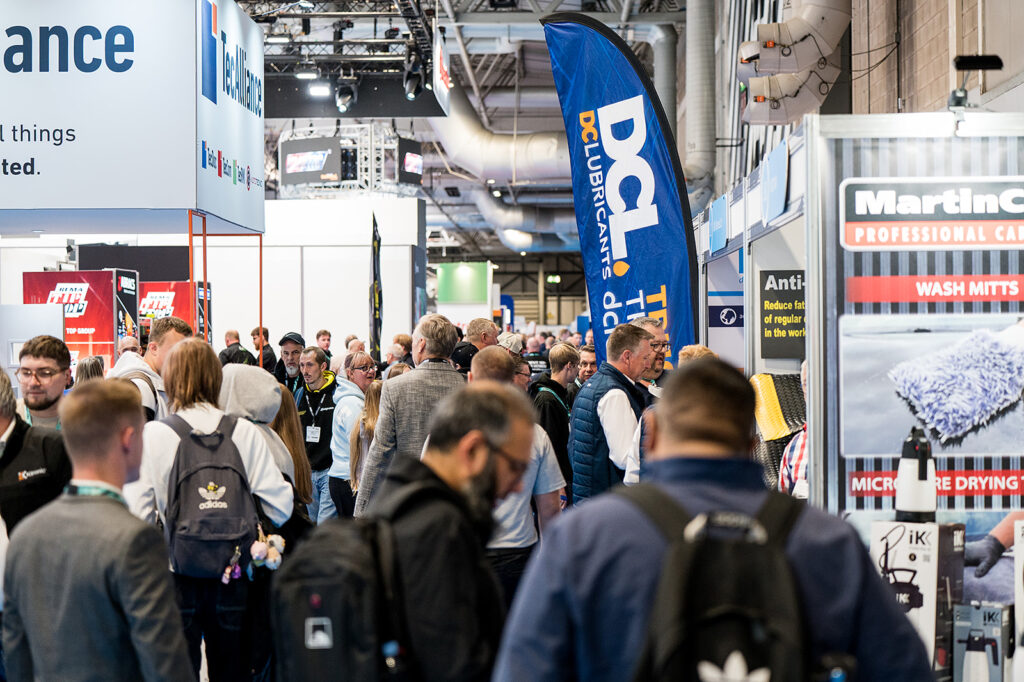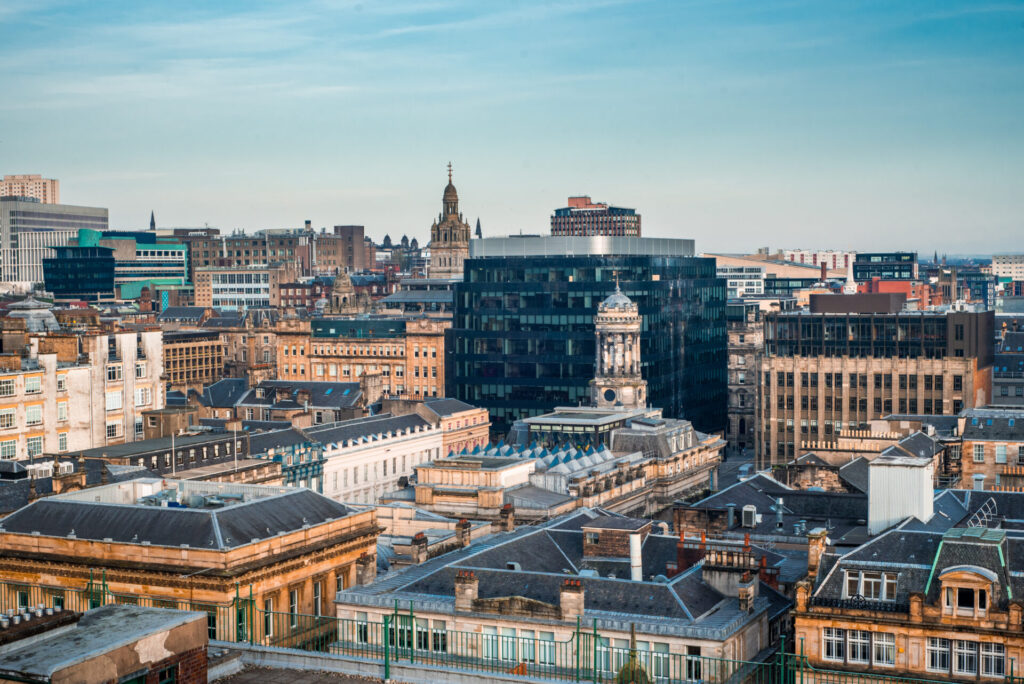ZF Rail recently welcomed representatives from the Department for Transport and sustainability specialists to its Nottingham facility, showcasing the company’s commitment to environmentally responsible practices within the rail sector.
The visit provided an opportunity for the company to demonstrate how its remanufacturing operations are contributing to circular economy principles in the UK rail industry.
Brian Freemantle, policy lead at the Department for Transport, visited alongside sustainability professionals Jane Lumb, Andrew Gibson, and Ben Sanderson.
During their tour of ZF’s rail workshop, the visitors gained insight into how component remanufacturing extends product lifecycles, reduces waste, and lowers carbon emissions compared to manufacturing new parts.
The demonstration highlighted the quality control measures and technological precision that enable ZF to maintain high engineering standards while meeting environmental requirements.
A significant focus of the visit was ZF’s EcoWorld 2, the company’s latest rail transmission technology. The system features a built-in reversing function and can reduce CO₂ emissions and fuel consumption by up to 20%, representing an advancement in energy-efficient drivetrain design for the rail sector.
The Department for Transport representatives expressed particular interest in how this technology could support the UK’s objectives for decarbonising rail transport.
David Morgan, head of ZF’s Global Centre of Competence – Rail, said: “We were delighted to host the Department for Transport and sustainability experts at our Nottingham facility.
“This visit was a valuable opportunity to demonstrate how our commitment to remanufacturing, innovation and low-emission technology is helping to meet the challenges of today’s rail industry.
“ZF is proud to support the UK’s transition toward greener rail travel, and we look forward to working closely with Government and industry partners as we move toward a more sustainable future.”
The session concluded with discussions around policy direction and implementation strategies, with participants exploring how public and private sectors might collaborate more effectively to accelerate sustainability within the UK rail network.
The visitors and ZF representatives examined how technologies like EcoWorld 2 could help align infrastructure development with climate targets, demonstrating how practical sustainability measures are already being implemented through remanufacturing, product design, and energy efficiency improvements.












